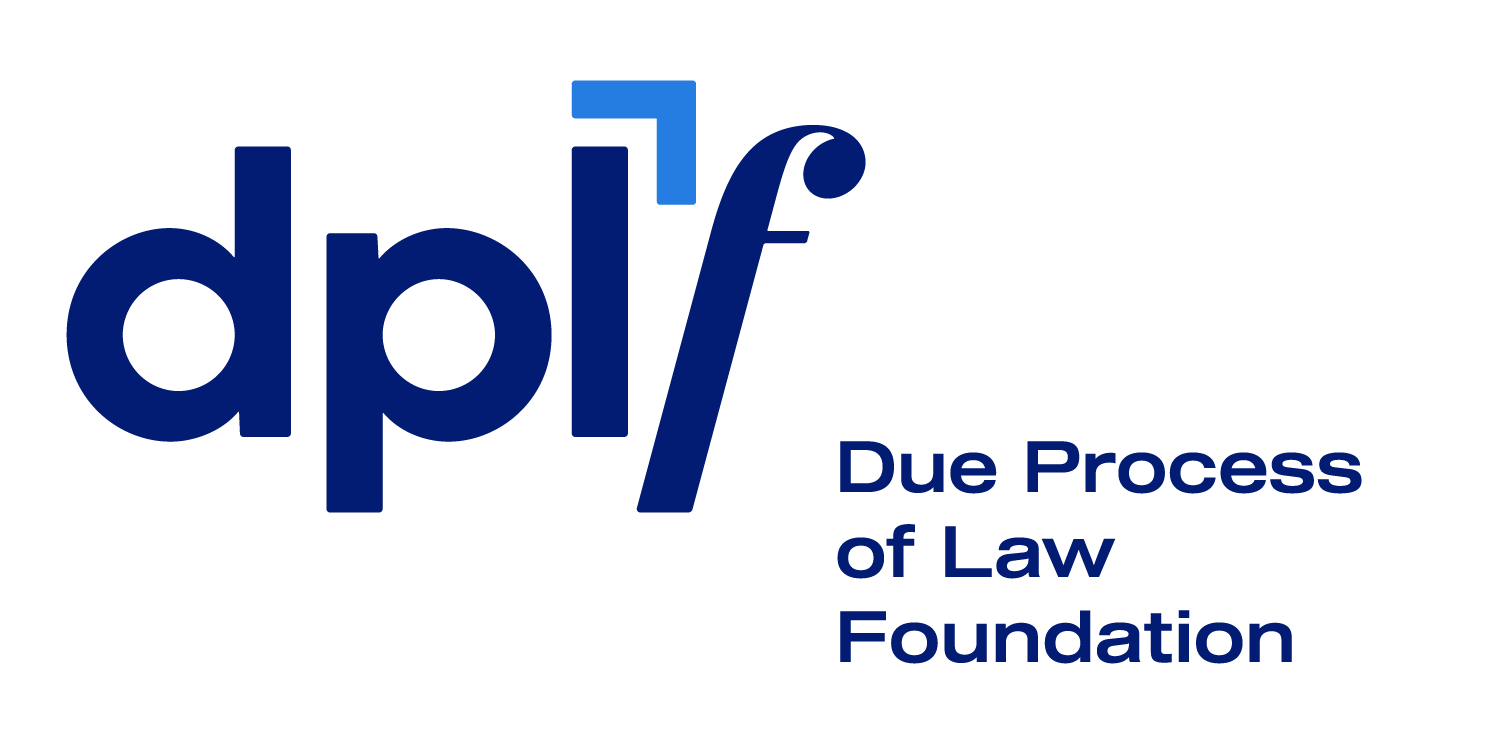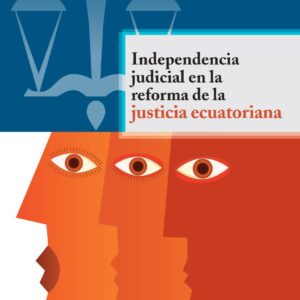Human Rights and Grand Corruption: What Role for International Law?
Recent grand corruption scandals in Latin America provide ample evidence of corruption’s direct and negative impact on human rights. From defective dialysis treatment to earthquake-prone infrastructure, bribes weaken government services and oversight to the detriment of citizens. When officials put personal gain before the public good, the rights to health, housing, education, justice, and even life are imperiled.
Nonetheless, until recently, international law and legal institutions treated corruption and human rights as largely separate concerns. As enforcement bodies such as the Inter-American Commission on Human Rights (IACHR) begin to examine the nexus between corruption and human rights violations more closely, how should international law and institutions evolve? Should international tribunals like the IACHR and the International Criminal Court adopt an explicit focus on grand corruption? Should anticorruption bodies, such as those that supervise international anticorruption treaties or investigate corruption in multilateral development bank projects, incorporate a human rights perspective?
To discuss these questions and more, the Inter-American Dialogue and the Due Process of Law Foundation (DPLF) are pleased to host, “Human Rights and Grand Corruption: What Role for International Law?”
Follow this event on Twitter #CorruptionandHR, @The_Dialogue and @DPLF_info.
The event will have simultaneous translation in English and Spanish.



